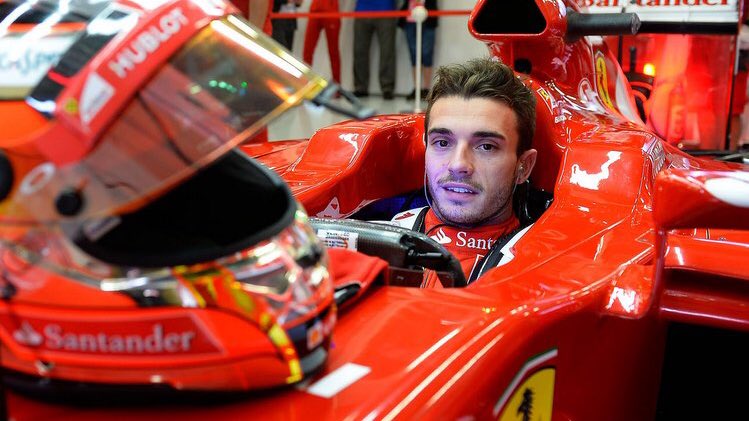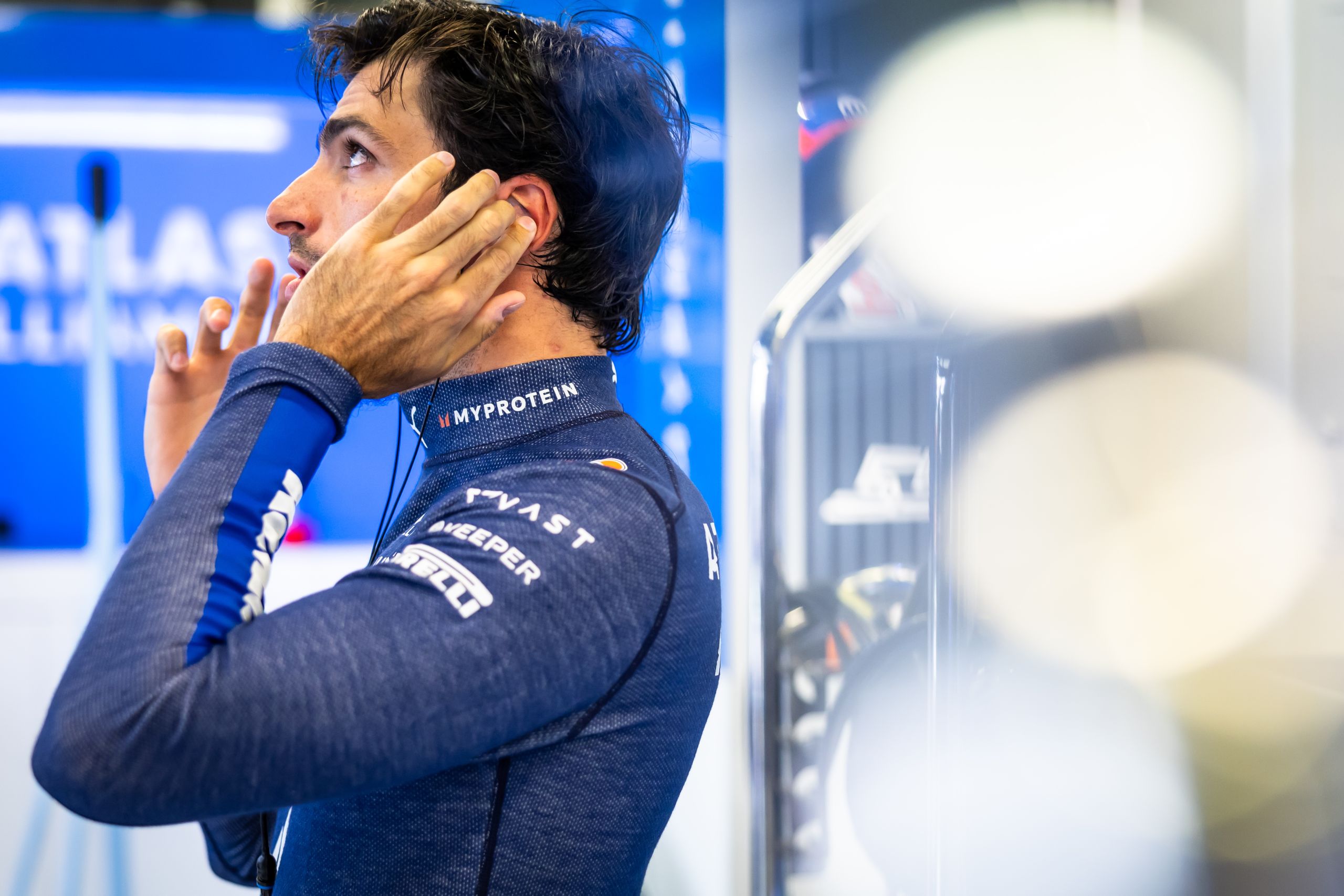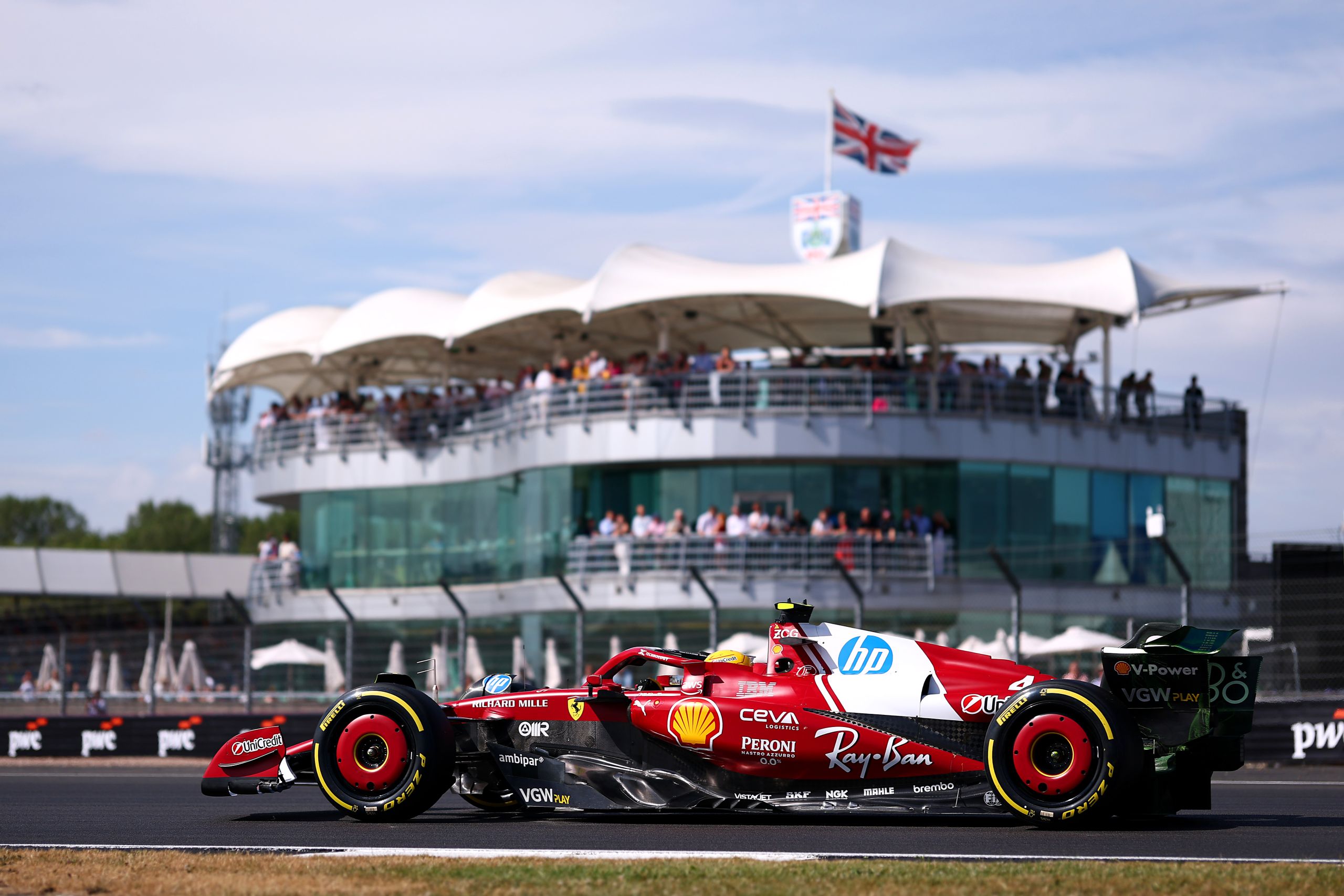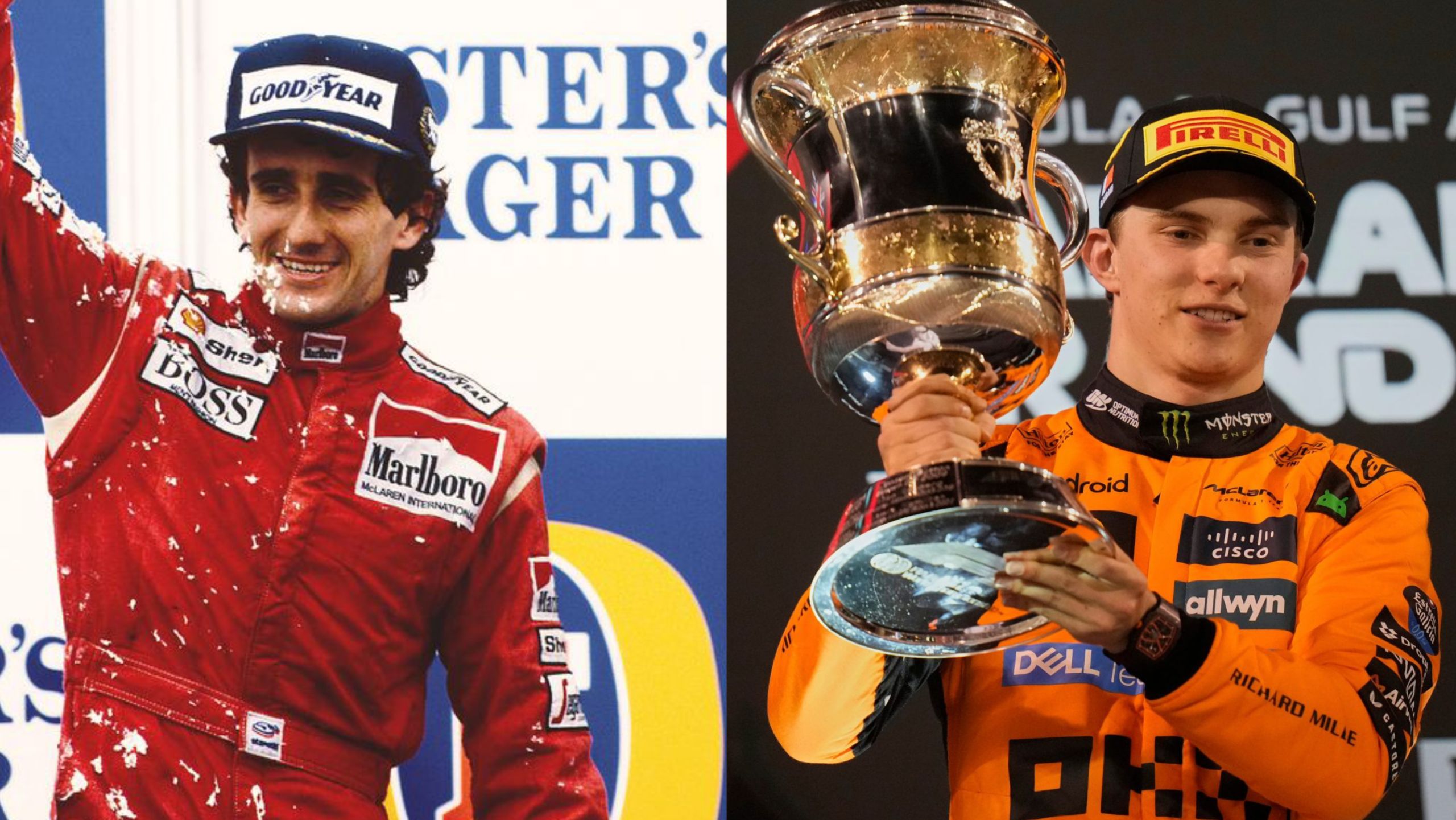Has Jules Bianchi’s Demise Really Taught Us Something?


In the checkered history of Formula 1, the number ’17’ has a special significance, one that we may not have necessarily thought about at length. For such topics do not usually strike our psyche, unless it concerns someone in particular. The great Jack Brabham won the first of his three drivers titles in the seventeenth year of the sport, back in 1959. Seventeen is the number of fastest laps that one of the most experienced drivers of all time, Rubens Barrichello has against his name. This is also the number of podiums that current defending world champion Lewis Hamilton has managed not once, but on four separate occasions in his checkered journey- one each in 2015, 2016, 2018, and 2019.
Interestingly, Sir Jackie Stewart, one of the legends of the sport, finished his career with exactly these many pole positions. But no driver, to this day, has secured exactly seventeen race wins against his name, even as Jenson Button won 15 races and Sir Stirling Moss bagged 16 race wins in his career.
But is that all?
If you were to examine closely, you’d find upon greater deliberation that the last a Formula 1 car wielded this number was back in the 2014 Japanese Grand Prix. Never again has any driver or car sported the number since.
17 is the number sporting which one of the most widely-regarded up-and-coming Formula 1 talents would’ve raced to many a victory.
Alas, that was never to be.
In reality, it’s the very number has now been retired to honor the memory of the great Jules Bianchi, a young life that was cruelly taken away from us on this very date, six years back owing to a dreadful accident at Suzuka, the home of the Japanese Grand Prix.
To be honest, of the many great things he has said and done in the sport, the late great Niki Lauda will always be remembered for saying, “There’s always a 30 percent risk that a Formula 1 driver may never walk back alive at the end of a Formula 1 Grand Prix.”
It’s not a fanciful remark to underline the peril dangers of the sport. It’s the very basic truth about a sport that’s as mired in speed as it is bred in uncertainty. And ultimately, it’s the very quote that became emblematic of the most grief-stricken moments in the modern conception of F1.
No other driver since the passing of the invincible Ayrton Senna has been as fondly remembered as Jules Bianchi, who was only 25 when he passed away.

On most days, we witness the glories- the fastest laps, the last-lap overtakes, that late lunge when none expect it. Then there are days like 17 July 2015 that are loathsome; a moment in time we wish had never occurred. Though, the finality of the perilous date was sown on the events that transpired back on 5 October 2014.
On Lap 43 of the tricky Dunlop Curve, Marussia driver Jules Bianchi lost control of his MR03 under what were treacherous driving conditions thanks to unpreventable rains. As a result, Jules slided off the track and crashed straight into a big tractor crane that was tending to Adrian Sutil.
And there occurred an incident none saw coming. Although, six years on from his sad demise, we are yet to arrive at the major understanding- shouldn’t the race have been red-flagged and dismissed for good?
It’s a question that has gone begging and one that unfortunately the sport’s administers haven’t quite keen seemed curious about. When Ayrton Senna died, in what were normal driving conditions, the only call to action was to make the sport safer than it was. For it was only the rational and just thing to do in the interest of the entire F1 paraphernalia.
Lest you are driven to believe that the sport is only about the ten competing teams and the 20 drivers. What about the fans without whose undulating interest the contest may never seem complete, what about the pundits whose insights add to the attraction of the charm of racing.
But unfortunately, we don’t know what to make of Jules Bianchi’s demise except other than accepting that it was an entirely avoidable incident; a loss of a precious life that was slated to take the sport much higher. Because if not, then there’s no escaping the fact that we didn’t really regard the great Austrian, Niki Lauda, whose withdrawal from the 1976 Japanese Grand Prix, at Fuji, in what were utterly undrivable conditions (thanks to incessant rains) was dubbed an ‘act of bravery’ by most on the grid, who nevertheless continued to race.
Lauda didn’t, treating the value of life more important than the exhilaration one demands from F1 despite contesting testing circumstances. And honestly, if only, we had understood from a life that was so dedicated to the sport, the marshals would’ve chosen to red-flag and stop the race. At worse, Hamilton would’ve gone without a race win, Mercedes would’ve managed without yet another 1-2, Rosberg finishing the fiery afternoon on second.
But at the end, a life would’ve been saved- no?
It mustn’t be forgotten that the driver we lost maybe down to this sheer greed to whet the appetite of a globetrotting audience that feeds on the sport, identifying in it the great leveller of life was hailed by Luca di Montezemolo, who confessed, “We had chosen Bianchi to replace Raikkonen at the Scuderia family.”
The very driver who proved you could race whilst sporting a graceful and warm smile in the very sport where egos and mind games run supreme.
The driver who, in the words of former Sporting Director, Manor Racing, Graeme Lowdon, “Displayed a trait from the very first day he arrived into the team garage and it was that he was incredibly grateful.”
But one reckons, there’s less sense to be aggrieved about a loss as with time, as is also the nature of the sport, one to move on, put on a brave smile and remember the departed for glowing memories.
And therefore, one can’t stop gushing at the highs that Jules Bianchi was able to grab in a painfully short-lived life, one he lived with immense passion and courage akin to a driver that ends with a DNF prematurely despite possessing gallons of fuel and blazing speed!
It must be confessed, Jules Bianchi’s greatest moment in the sport came in the 2014 Monaco GP, where in a track considered exasperatingly tough to execute a pass, the Nice-born driver made a careful move around the outside of the Caterham of Marcus Ericsson.
And in so doing, he held on firmly to finish the race on ninth, thus not only collecting his very first points in the sport he loved as much as his life, but also raised the maiden points for his Marussia team.
Just imagine all that Jules would’ve gone onto achieve had he got himself a drive with Ferrari, a career-move that in reference to the French driver’s talent wasn’t a matter of ‘if’ but ‘when!’
He was poised to race for Sauber soon after the Marussia stint. Yet, all that remained of one of the finest looking men on the grid was all that talent that went unfulfilled and the chances that went begging, only because maybe the sport took a chance with the one it would’ve ideally liked to serve!
But for time immemorial, for as long as one will speak of Jules Bianchi, the mind will recollect one of Michael Jackson’s most moving ballads, “Gone too Soon” (like a comet from the blazing sky, gone too soon!)





